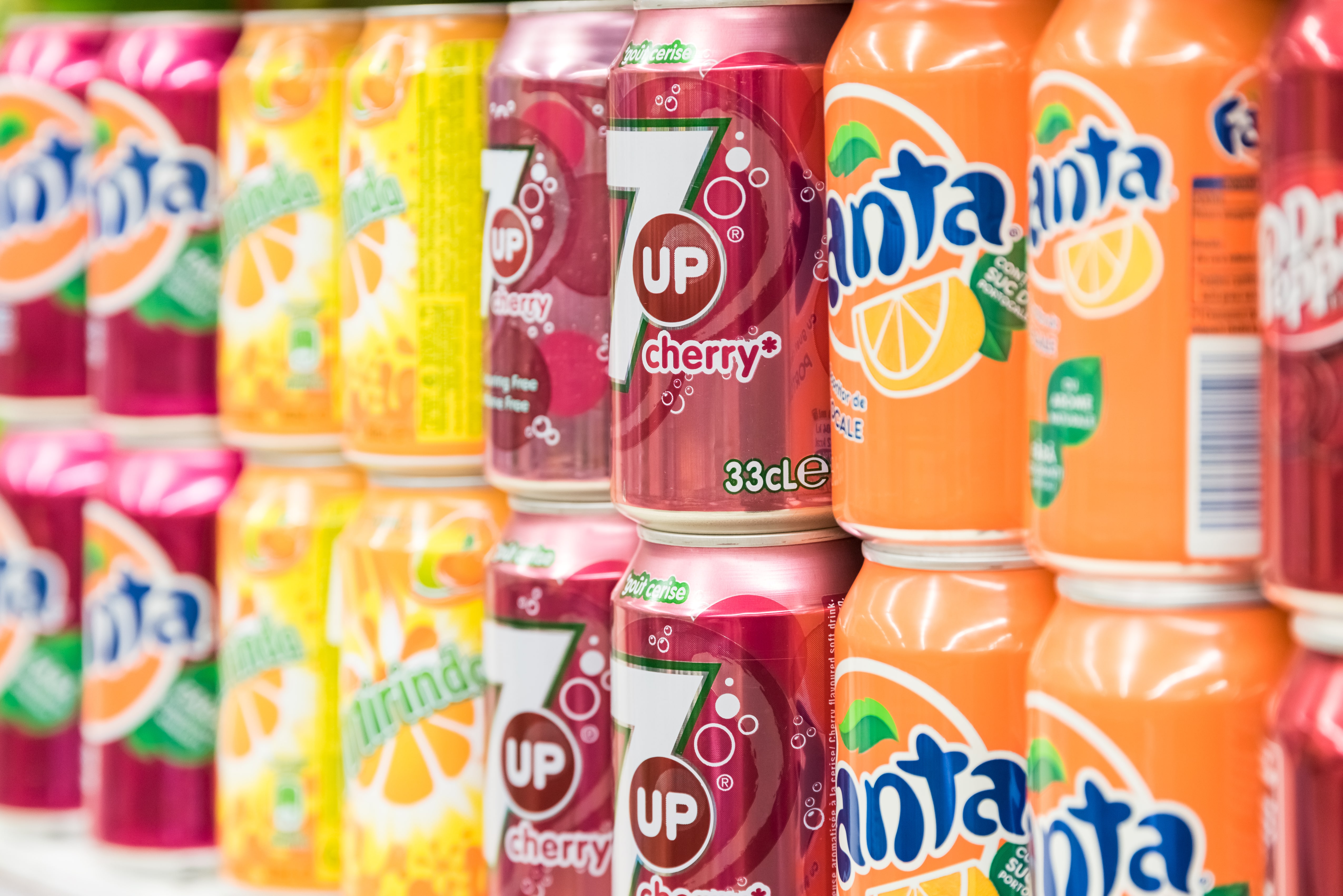
The city wants to follow in the footsteps of Mexico, France and Denmark, and more recently the UK, by imposing a levy on sugary drinks, that could increase the price of a can of soda by as much as 55% to 60%. In November 2014 voters in Berkeley, California successfully passed a penny-per-ounce tax paid by distributors of sugary drinks and other cities are considering following suit.
Philadelphia may be successful where other cities have failed, however. Rather than focus on the public health benefits of the tax, it has chosen to promote it as an economic measure. The tax, Time Magazine reports, could raise up to $400m for schools and other initiatives, and it is this that has become the focus of Mayor Jim Kenney’s campaign.
The tax is heavily opposed by soda companies, which could be beginning to feel the pinch in a war against sugar that is gathering pace worldwide.
According to the New York Times, the industry is fighting all efforts aggressively, responding through lobbying and advertising, and by organising coalitions of opponents. It argues that soda taxes are condescending and hurt poor shoppers disproportionately. Big soda companies around the world are well aware of the impact a proposed tax this could have. In India, Coca Cola has said that a proposed tax would result in a sharp decrease in sales, resulting in closures and job losses.
Indications are that the tax – where it does get passed – does encourage lower consumption. In Mexico, where 70% of adults and 30% of children are overweight or obese, the tax has helped reduce sales and raised over $2bn for the government.
Dr Martin Caraher, professor of food and health policy at City University told Foodservice Consultant earlier this year, “We have data to show that there has been immediate healthcare impact after two years. That has to be a good thing.”
But, the public health impact is still a topic of debate. Another British academic, Tom Sanders, a professor of nutrition and dietics at Kings College London, told Reuters that the impact on sugar consumption was just “a drop in the caloric ocean”. And, adds Caraher, a tax inevitably encourages soda companies to develop new drinks –“where sugar is reformulated for example” which get round the tax.
And, the indications are that Americans may be beginning to lose their sweet tooth. Hershey’s, the confectionary giant, has made moves to reposition itself slightly away from its chocolaty history, after seeing sales fall. The brand is rolling out more health conscious protein bars, and acquired an existing dried meat brand.
The line of Krave protein bars, which will launch in August, are geared towards the health-minded. “It is a very low-calorie, high-protein choice,” Shane Chambers, the GM of Krave Pure Foods, told Food Business News last month.
Philadelphia will vote on its new sugar tax in June, if it succeeds it will become only the second city in the US to do so. But, whether the impetus comes from government or just from a gradual change consumer tastes, it is clear that in 2016, the US can not remain immune from a worldwide war against sugar for much longer.
Ellie Clayton
